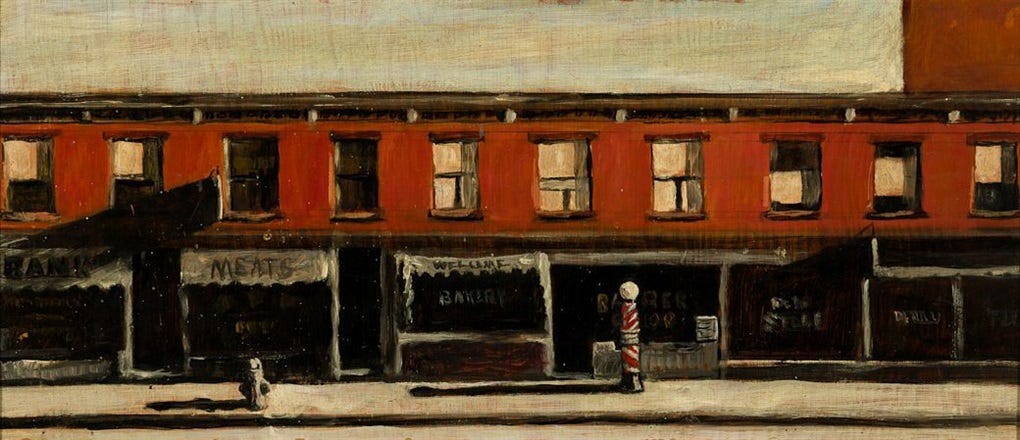Well, that's not entirely true- but then again, what is?
 I set out initially to write a play about the Modoc War of 1872-1873 that happened in Northern California and Oregon, which is mainly a story about Captain Jack, a Modoc chief whose story is Shakespearean in scope. His story is one of heroism and betrayal on a massive scale- and I do include that in my play.
I set out initially to write a play about the Modoc War of 1872-1873 that happened in Northern California and Oregon, which is mainly a story about Captain Jack, a Modoc chief whose story is Shakespearean in scope. His story is one of heroism and betrayal on a massive scale- and I do include that in my play.But once I began writing, the play quickly became about Riddle himself, and what it means to be a mix of good and bad- to not really know what your roots are, where you come from, and where you're going. I think most of us here in America can relate to that. Seems like most of us have family trees that get lost in the mists of time. We all come from the displaced, the lost, the removed ones- and our family histories are mixed up collages of myth and mystery.
 As I wrote the play, more and more characters who are lost, twisted, and/or crazy started showing up. First came Hel- Norse goddess of death who is half beautiful enchantress, half dead thing whose father is Loki- god of chaos, thieves, and madness and whose mother is an ice giantess named Angrboda. Clearly, she has some family issues of her own. (I also have a one act about her going speed-dating called Hela and Troy) Then along came Raven- trickster god of the Pacific Northwest who sometimes is his own grandpa- just like that stupid song. Raven was my own father's favorite mythological character- and as such, he carries a lot of weight. Then there's Mimir, a chopped off head of a wise man that's still alive. In the play, I've made Mimir be a wise-woman whose sex has been misrepresented in the stories to both illustrate how stories change with time, and also to make the show have more female roles. And then there's ghost of Pocahantas- after they changed her name to Lady Rolfe and shipped her off to England, where she died of a broken heart. She shows up in the third act, and I find her hysterical and really sad.
As I wrote the play, more and more characters who are lost, twisted, and/or crazy started showing up. First came Hel- Norse goddess of death who is half beautiful enchantress, half dead thing whose father is Loki- god of chaos, thieves, and madness and whose mother is an ice giantess named Angrboda. Clearly, she has some family issues of her own. (I also have a one act about her going speed-dating called Hela and Troy) Then along came Raven- trickster god of the Pacific Northwest who sometimes is his own grandpa- just like that stupid song. Raven was my own father's favorite mythological character- and as such, he carries a lot of weight. Then there's Mimir, a chopped off head of a wise man that's still alive. In the play, I've made Mimir be a wise-woman whose sex has been misrepresented in the stories to both illustrate how stories change with time, and also to make the show have more female roles. And then there's ghost of Pocahantas- after they changed her name to Lady Rolfe and shipped her off to England, where she died of a broken heart. She shows up in the third act, and I find her hysterical and really sad.The play is just full of happy folk.
And it's got a lot of humor. Sounds weird, I know- but let's face it, we turn to humor most when things are going particularly bad- and it's been that way from Aristophanes to SNL. I think the reason the Irish and Russians have such dark senses of humor is because if they didn't, they'd go mad.
Anyhow, I'm telling you all this because this August 24, there's going to be a free staged reading of the play- which is called RIDDLE LOST, presented by 2X4 BASH at The Western Stage, directed by Skot Davis. That's in Salinas, CA. A beautiful place to spend a day in August.
I want you all to come see it. All of you. Now go.



